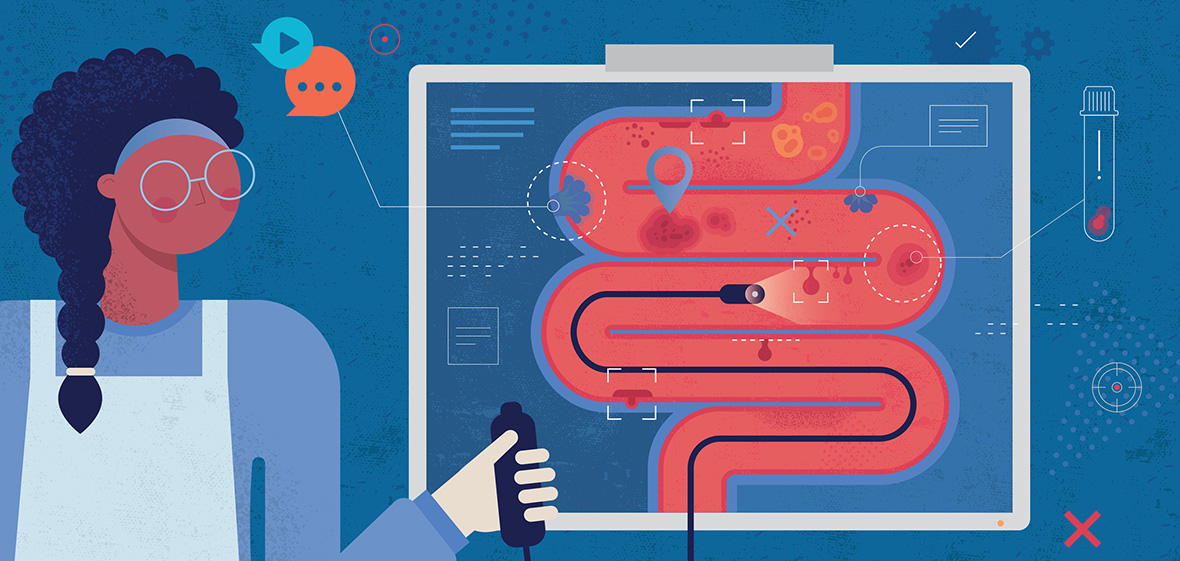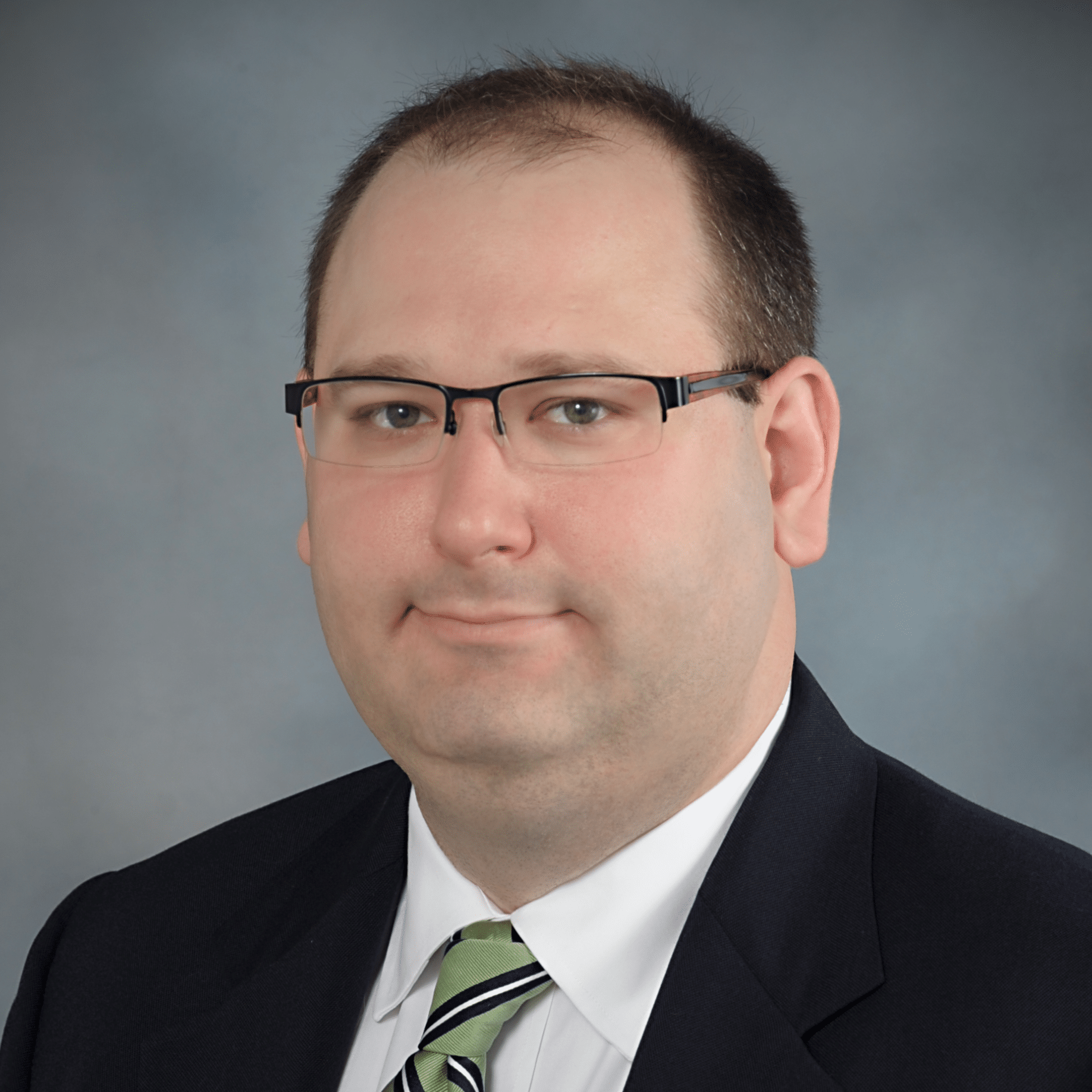
When was the last time you saw your dentist or even your primary care physician? Your health is important, and taking time to check in with your body can assist in the early detection of a variety of diseases and conditions, including colon cancer.
Colon cancer screenings significantly decreased during the COVID-19 pandemic. At UofL Health in 2021, colonoscopies, a form of colon cancer screenings, were down by 80% since March 2020. Numbers have since been trending upward, but colon cancer screening rates are still low in Kentucky.
The decline and lack of screenings make early detection more difficult. This decrease can increase cancer deaths in the coming years as health screenings are delayed. Colon cancer is the second largest cancer killer in both men and women, and the delay in screening creates a potential risk of death for something that can otherwise be treatable.
What can You Expect During a Colonoscopy?
One way to screen for colon cancer is by getting a colonoscopy. During a colonoscopy, your doctor will check for abnormalities in the large intestine and rectum, such as polyps. Before your in-office appointment, the provider will usually prescribe a laxative that will help clean out your bowels 24-72 hours before the colonoscopy. Your doctor may want to adjust any of your medications that could affect your colonoscopy. Be sure to communicate all medications, including over-the-counter drugs, to your provider.
On the day of the procedure, after you have changed into a hospital gown, a sedative will be given through either an IV or a pill. You will be asked to lie on your side and may need to bring your knees in towards your chest.
During the procedure, the doctor will use a scope to be inserted into the rectum. The scope has a camera and light on the end which provides the imaging for the doctor to examine. Air or carbon dioxide will be used to inflate the colon. This gives your provider a better view to see any possible abnormal tissue. If there is anything that would cause concern, your doctor may remove or tissue sample for a biopsy. You will be awake during the procedure, so your doctor can communicate everything as it happens.
Colonoscopies do not take long. The procedure is about 15 minutes and you will recover from your sedation after about an hour. After the procedure, you may have some cramping or gas expelling as you walk or feel like you need to have a bowel movement because of the air that was introduced into your colon. Be sure to have a ride home after the procedure.
Other Screening Options
Routine screenings and tests increase the rate of early detection and more manageable treatment. Screening options have become more accessible with some options allowing at-home non-colonoscopy-based testing. Screenings are usually covered by insurance while some are now free through certain programs.
Is it time for your colonoscopy or would like to try an at-home test? Learn more about colon cancer screenings and the varying types that may be best for you. To find a location to be screened for colon and rectal cancer, visit UofLHealth.org/Services/Colorectal-Screenings or call the UofL Health – Brown Cancer Center – Cancer Screening Program at 502-210-4497. If you have symptoms, talk with your primary care provider as soon as possible.








